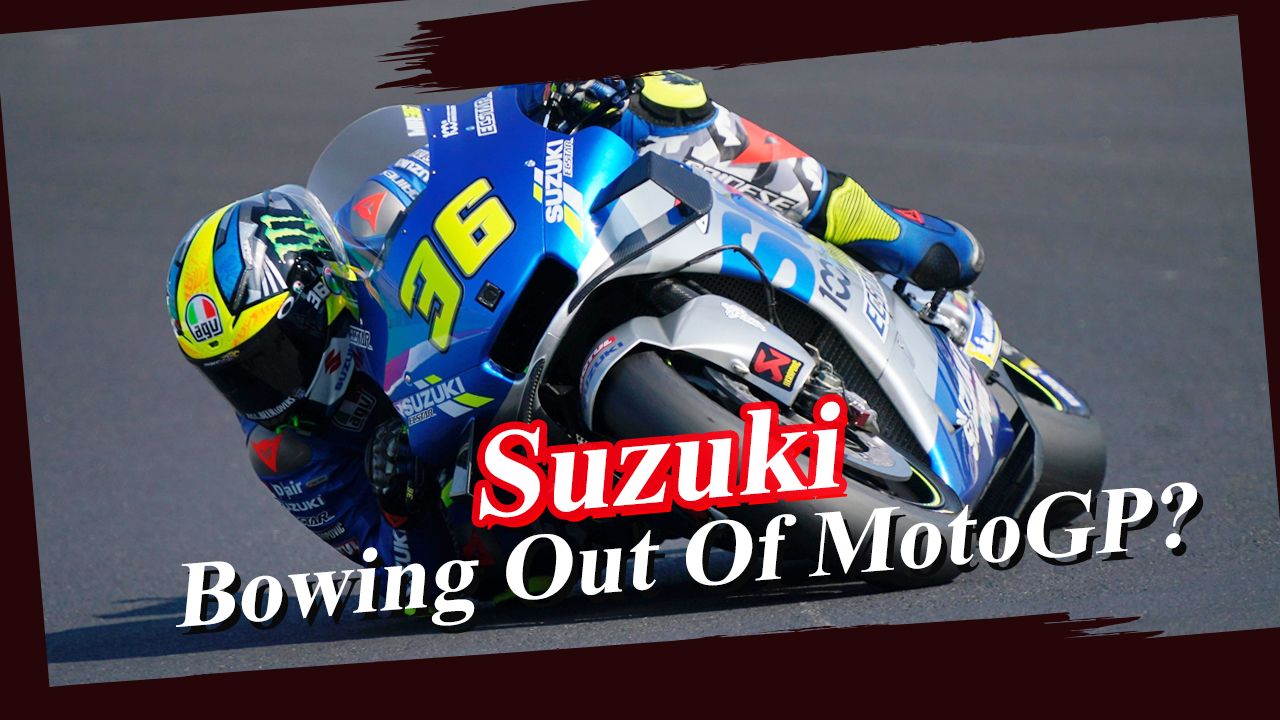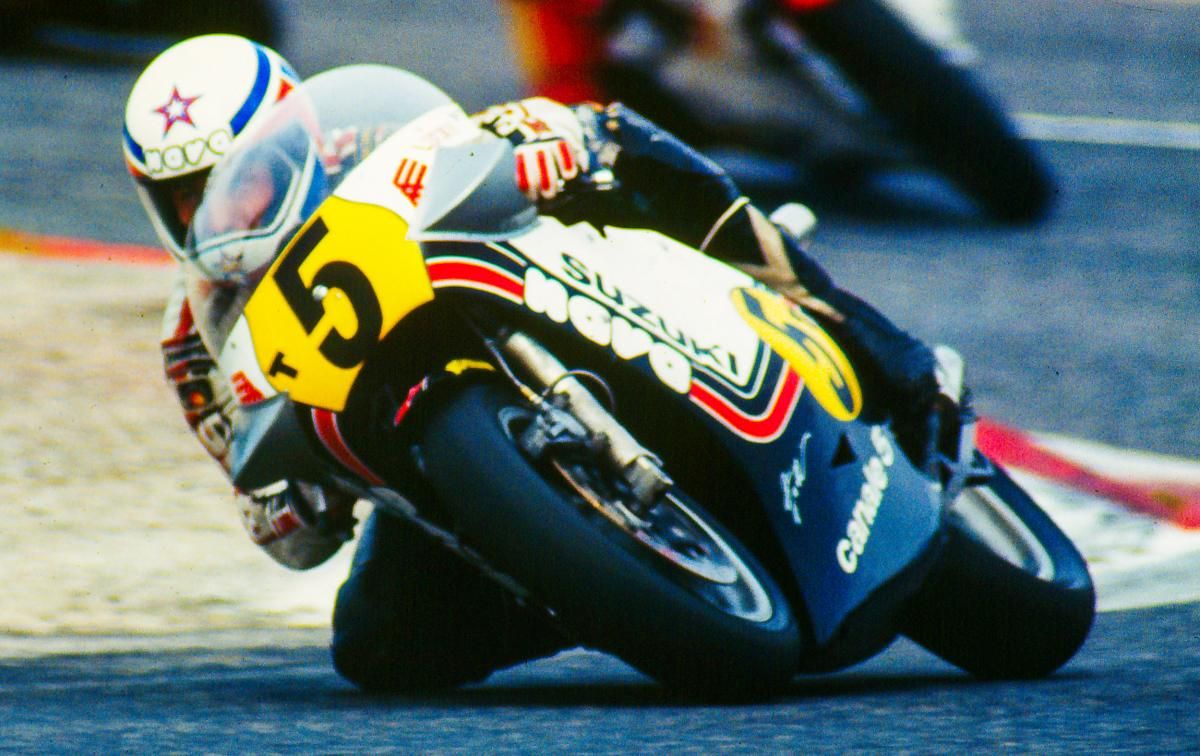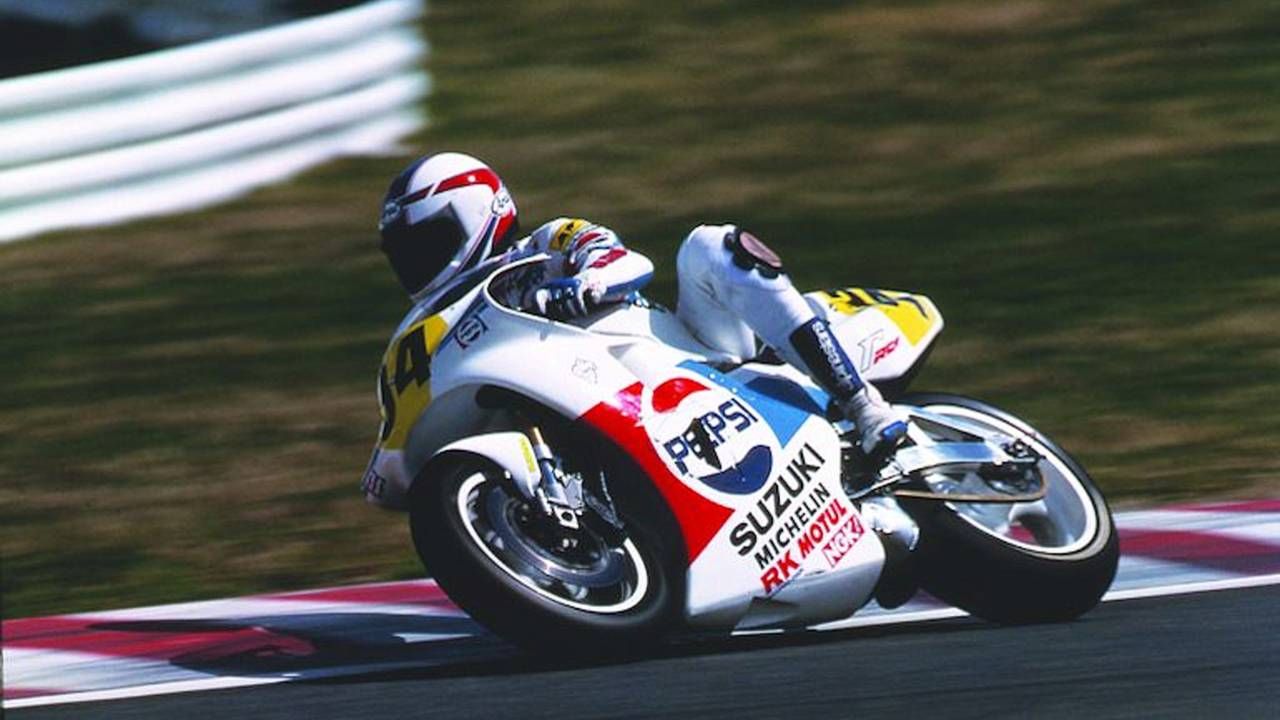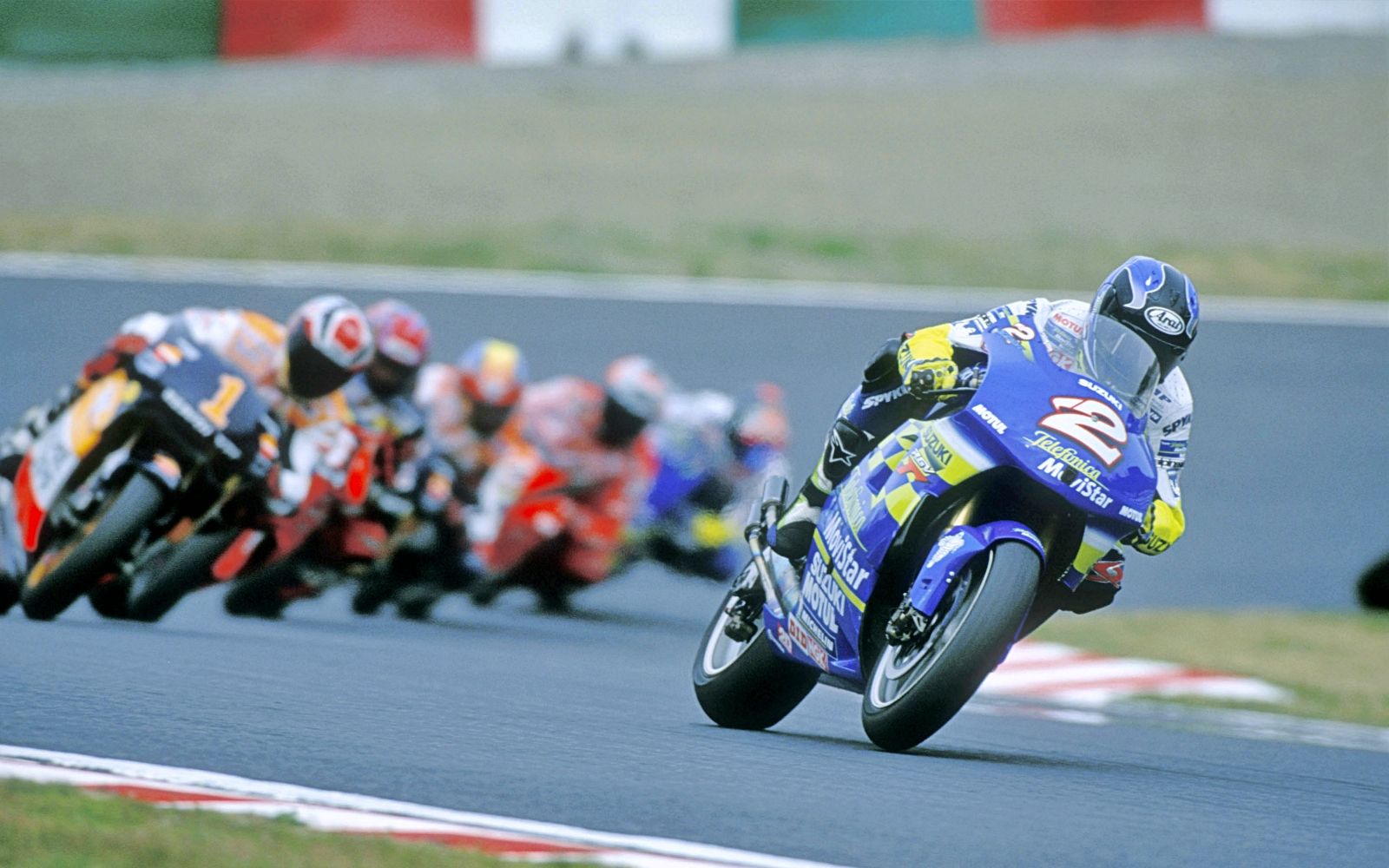Despite winning the 2020 MotoGP championship and having started the 2022 season with a bang, Suzuki is rumored to be leaving MotoGP at the end of 2022, despite committing to the series until at least 2026.
Suzuki Set To Leave MotoGP?
It seems ironic that, having won the World Championship in 2020 and, this year, being stronger than ever in terms of adding straight line speed to its already impressive chassis behaviour in corners and tyre preservation, Suzuki is pulling the plug on its MotoGP participation.
Suzuki last left MotoGP at the end of the 2011 season, citing economic downturn as the main reason. However, at that time, it was for a finite period, the company stating that it was merely a hiatus and not a permanent departure, which left the door open for its return in 2015. Disappearing from the scene again is hardly likely to win it any friends in the paddock or with rights holders Dorna, even should this prove to be once again a temporary absence.
Continuous development in MotoGP is the key to success and it is unlikely that Suzuki would welcome another two- or three-year path back to competitiveness should they return in, say, 2025 or 2026.
What is behind the withdrawal this time? Certainly, the global pandemic can’t have helped: spending millions on a race programme in the face of difficult market conditions is enough to make any board or directors look with renewed clarity at expenditure outside the core business of selling motorcycles.
It’s not even as if the company can cite a paucity of results as the reason. Mir’s championship defence wasn’t as robust in 2021 as the company would have hoped but so far, this year, both riders - Mir and Rins - have been fighting at the sharp end of the field and currently sit fourth (Rins) and sixth (Mir) in the points table.
What the withdrawal does do, of course, is not only remove two available seats but also adds to out-of-work riders to the silly season. There is a possibility that Suzuki might be forced to field a team, having signed a commitment of participation through to 2026, running under the banner of a satellite team, as Kawasaki was forced to do when it withdrew in 2008 before the end of its contract.
With Aprilia improving to fight for race wins, we have at the moment the mouthwatering prospect of six manufacturers all capable of winning, not something that has always been the case. There is a chance that Aprilia might be persuaded to enter two more machines run under a satellite team’s banner but that remains to be seen.
But it can’t be denied that motorsport is a massively expensive exercise and Suzuki might simply feel that the money could be better spent elsewhere. It would be a sad moment for MotoGP but it has survived such upheavals many times before and, like the retirement of a favourite rider, the paddock will march on with nary a backward glance and continue as if nothing has changed.






